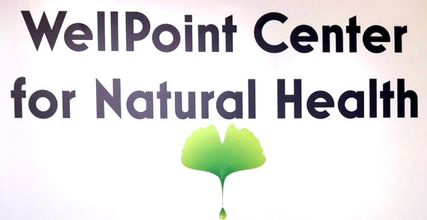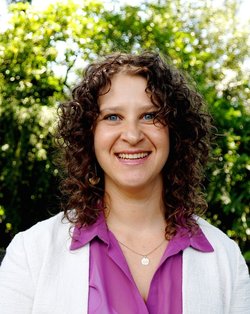Welcome to WellPoint Center for Natural Health.
Each individual is unique and healthcare plans are all
one-of-a-kind
We treat wholistically and not just the symptom.
"The whole is greater than the sum of its parts" ~Aristotle
Prevention is powerful
Nature has the power to heal itself
Vis Medicatrix Naturae
Treatment is aimed at restoring balance
Each individual is unique and healthcare plans are all
one-of-a-kind
We treat wholistically and not just the symptom.
"The whole is greater than the sum of its parts" ~Aristotle
Prevention is powerful
Nature has the power to heal itself
Vis Medicatrix Naturae
Treatment is aimed at restoring balance

